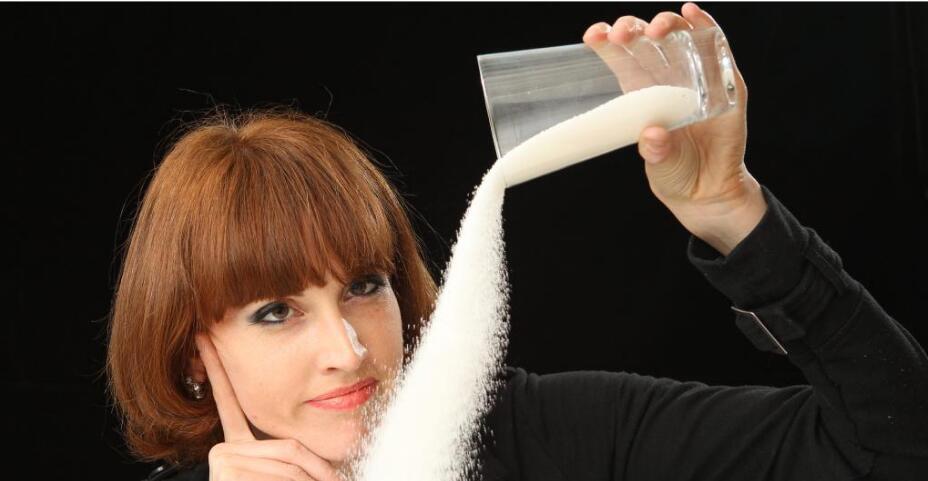
LAST week the ABC show Gruen looked at the marketing practices of the sugar industry, noting that sugar sales increased due to popular reality TV cooking shows. As a dentist and former MasterChef contestant, I was horrified to think that I might havecontributed to this in some way. Although cooking shows encourage people to cook healthy foods rather than rely on processed and packaged meals, there is sometimes too strong an emphasis on sweets. But this lighthearted look at sugar reinforced that we are too ambivalent about the dental health of our children. Every day in dental clinics around Australia, children as young as two to three years old are having multiple teeth extracted because of tooth decay. More than 63,000 children need a general anaesthetic for preventable dental treatment each year in Australia — the third-leading cause of hospitalisation in children. And don’t dismiss this as a problem for baby teeth that will be replaced anyway. First, tooth decay in baby teeth is an excellent predictor of tooth decay in adult teeth. So these children are likely to continue needing fillings and extractions throughout their life. Second, tooth decay can be extremely painful, and the treatment can be traumatic — both physically and psychologically. Many children develop a fear of the dentist, which makes them less likely to visit for check-ups and preventive treatment — increasing their risk of future disease.
And early tooth loss can lead to orthodontic problems, and make it difficult for children to eat well, or even smile with confidence.
dental laser tipsTooth decay is the most prevalent chronic disease affecting children. One in two children aged six years has tooth decay in baby teeth and, by 12 years of age, 50 per cent have tooth decay in adult teeth. With increasing rates of overweight and obesity and type II diabetes, Australia is in a sugar-induced health crisis, costing billions of dollars, and impacting on quality of life. The average Australian consumes 14 teaspoons of sugar per day, more than double the World Health Organisation’s recommended maximum of six. Although we have reasonable labelling regulations in Australia, it’s hard to know how much sugar we are consuming. Sugar is often hidden on the label — sucrose, glucose, corn syrup, maltose, cane juice, dextrose or, my favourite (because it claims to be healthy), agave nectar. Labels report grams per serving — but how much is 12 grams of sugar? A better change would be to show teaspoons of sugar, which is easier to understand. In case you were wondering, 12 grams is three teaspoons.
What about the Health Star Rating system? It’s not compulsory,
dental laser handpiece so Coca-Cola can avoid the ½ star its product would have, and many so-called healthy products have large amounts of sugar. Sanitarium Up & Go contains five teaspoons of sugar per serving and gets 4 ½ stars. It contains cane sugar, malto-dextrin, corn syrup solids and fructose. Plain milk gets only four stars, with no added sugar. Go figure. So what can we do? Read food labels, try to cook more real food and eat less processed food, and make a concerted effort to consume less added sugar. Easy for some, not so easy for others. Which is why the burden of diet-related diseases is much greater in lower socio-economic groups. We need more health promotion, particularly targeting young children. Recent research has highlighted that warning labels on soft drinks would help shift buying patterns. Companies need to reformulate products with less sugar, either voluntarily or by regulation. And of course, a sugar tax is one option. A sugar tax has seen a fall in sales in Mexico, and other countries are considering sugar taxes. Despite support from the public and major health bodies, there seems little political will for action against sugar in Australia. What will it take to convince our political leaders that if we don’t act now, we are condemning our future generations to a life of poor oral and general health?

